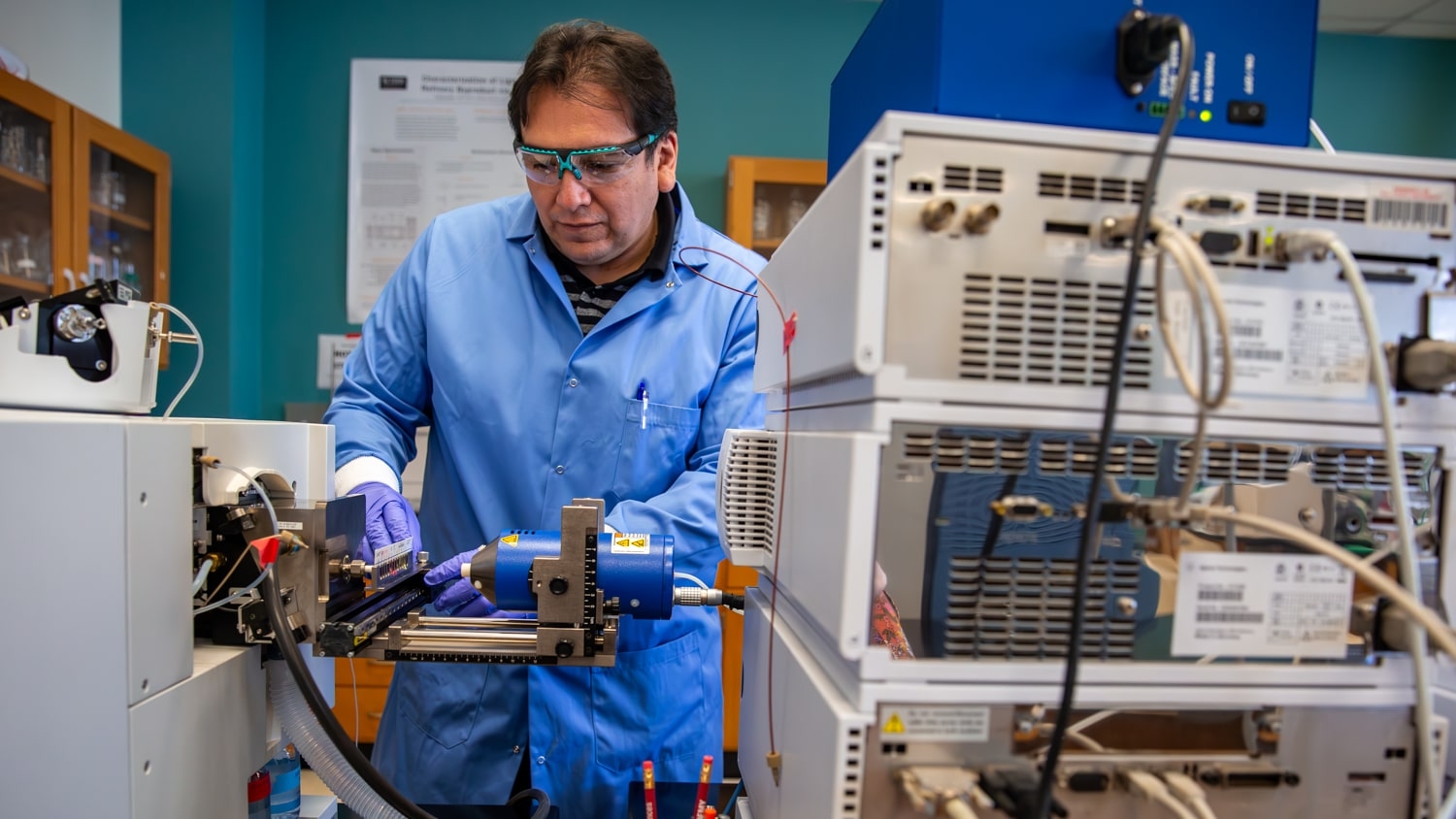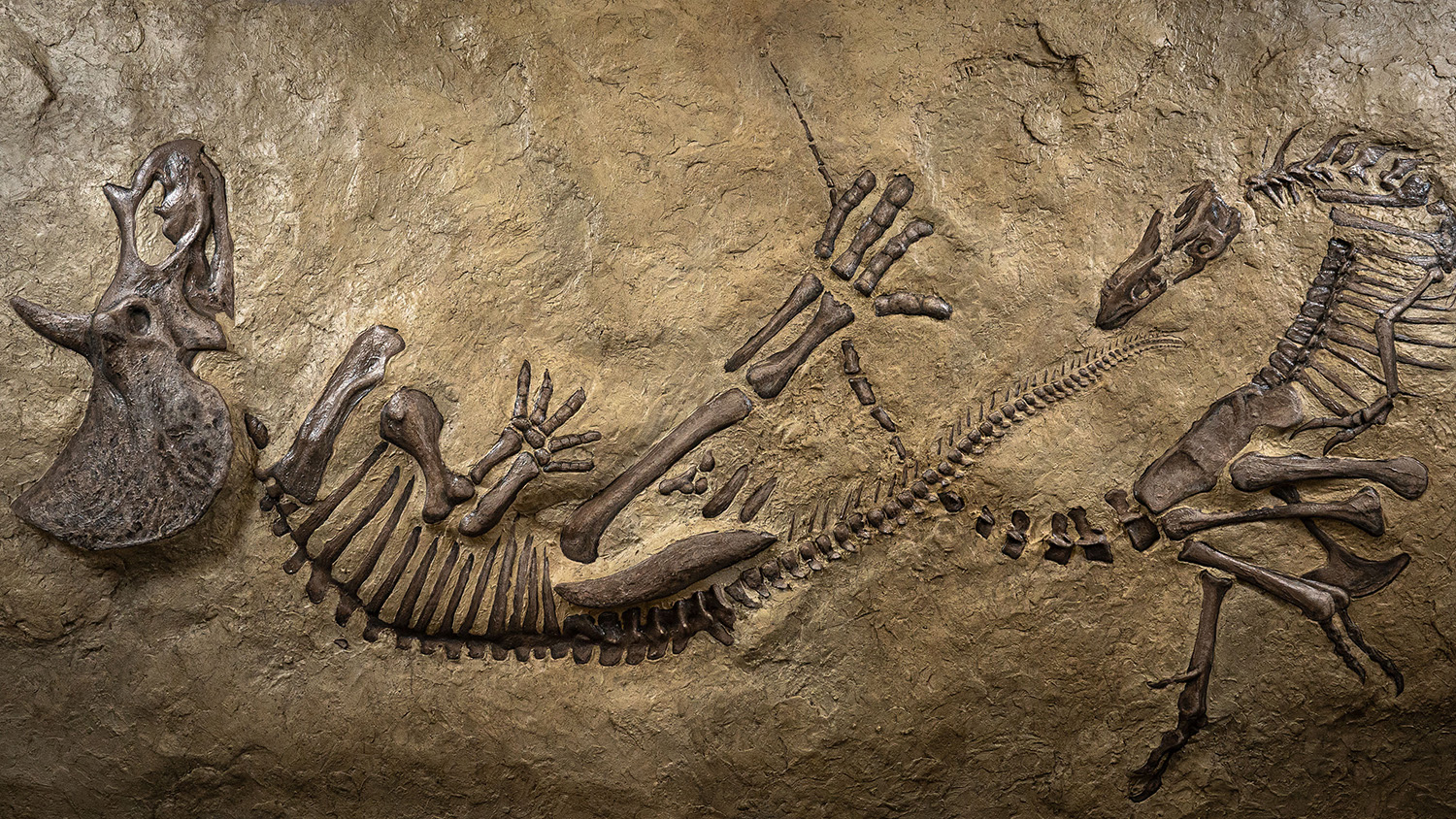New NSF Project to Increase Student STEM Identity through e-Mentoring

Fifty high school students in four high-poverty school districts in rural North Carolina will soon have the opportunity to engage with mentors studying science, technology, engineering, and mathematics (STEM) subject areas thanks to a newly funded National Science Foundation grant awarded to NC State College of Education faculty and staff.
The three-year, $1.2 million grant “Enhancing STEM Identity through e-Mentoring Experiences” will develop and test an e-mentoring program that pairs underrepresented high school students with engineering majors of similar background, race, gender and experiences studying at NC State in an effort to improve students’ attitudes about and participation in STEM.
“We are excited about the opportunity to positively impact the lives of underrepresented students living in rural North Carolina and expose them to STEM careers through the creative use of an innovative mentoring model and utilizing the latest in peer-to-peer software applications,” Cameron Denson, an associate professor in the Department of STEM Education and the project’s principal investigator, said.
NC State College of Education Assistant Professors Adria Dunbar and Teya Rutherford along with Deniz Eseryel, an associate professor and senior research fellow at the college’s Friday Institute for Educational Innovation, serve as co-principal investigators. Braska Williams, the coordinator of the Friday Institute’s N.C. Mathematics and Science Education Network Pre-College Program, serves as senior personnel.
The project is a partnership between the college, the N.C. Mathematics and Science Education Network Pre-College Program, the Minority Engineering Program, and Technology and Engineering Education. Angelitha Daniel, director of the Minority Engineering Program at the NC State College of Engineering, also serves as senior personnel on the project.
This post was originally published in College of Education News.


